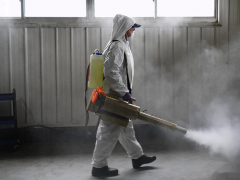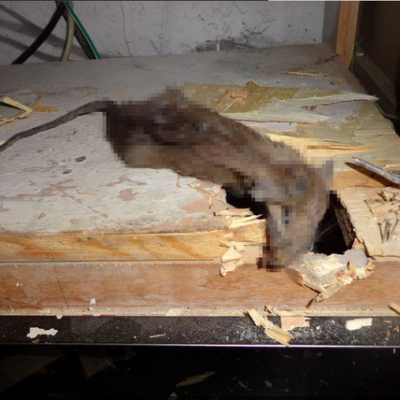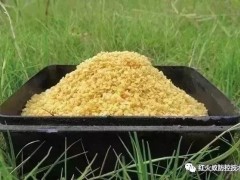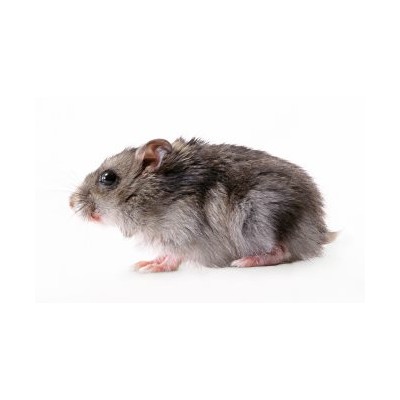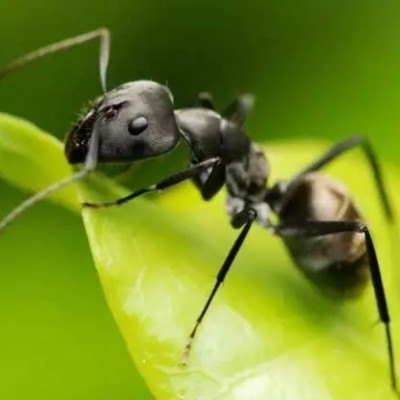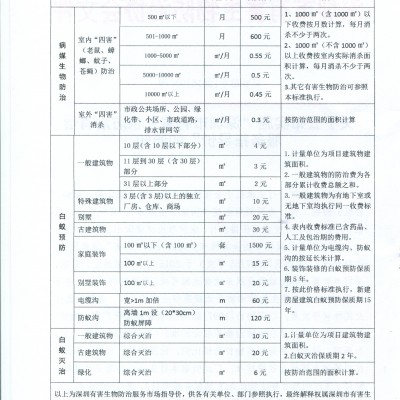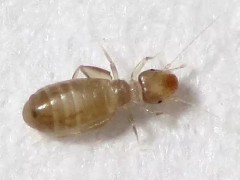Introduction
Meat is an essential part of our diet, but it can also be a source of parasites and harmful bacteria. One of the most common health risks associated with meat consumption is the presence of insect larvae or eggs in meat products. These insects can cause serious health problems if ingested, so it's important to take steps to prevent their presence in our food. In this article, we will discuss how to effectively kill insects in meat products.
Inspecting Meat Products
The first step in preventing insect larvae or eggs from entering your diet is to carefully inspect all meat products before purchasing them. Look for signs of insect damage, such as holes, tunnels, or discoloration. Also, check for signs of mold or spoilage, which can attract insects. If you do find any signs of infestation, do not purchase the product.
Cooking Meat Products
One of the most effective ways to kill insect larvae or eggs in meat products is through cooking. Heat kills most insects and their eggs, so it's important to ensure that meat products are cooked thoroughly before eating. The recommended internal temperature for cooked meat products is 165°F (74°C). Use a meat thermometer to ensure that the meat has reached this temperature.
Freezing Meat Products
Another effective method for killing insect larvae or eggs in meat products is through freezing. Most insects cannot survive in extremely low temperatures, so placing meat products in a freezer can be an effective way to kill any remaining larvae or eggs. However, it's important to note that freezing does not kill all types of insects, and it should not be relied upon as the sole method of insect control.
Chemical Treatments
There are several chemical treatments available that can be used to kill insects in meat products. These treatments typically involve the use of pesticides or insecticides, which can kill insects or prevent them from reproducing. However, these treatments can also be harmful to human health if not used properly, so it's important to follow all instructions carefully and use caution when handling these chemicals.
Preventing Insect Infestations
Preventing insect infestations is the best way to avoid the need for insect control methods in meat products. To reduce the risk of insect infestations, store meat products in sealed containers or bags, and keep them in a cool, dry place. Do not leave meat products out on the counter or in warm areas for extended periods of time. If you notice any signs of insect activity, dispose of the affected products immediately.
Conclusion
Meat products can provide essential nutrients in our diet, but they can also pose health risks if they are infested with insects. By carefully inspecting meat products, cooking them thoroughly, freezing them properly, and using chemical treatments when necessary, we can reduce the risk of insect infestations in our food. Taking preventative measures such as storing meat products properly can also help to reduce the need for these control methods. By taking steps to prevent insect infestations, we can enjoy safe and healthy meat products in our diet.
















